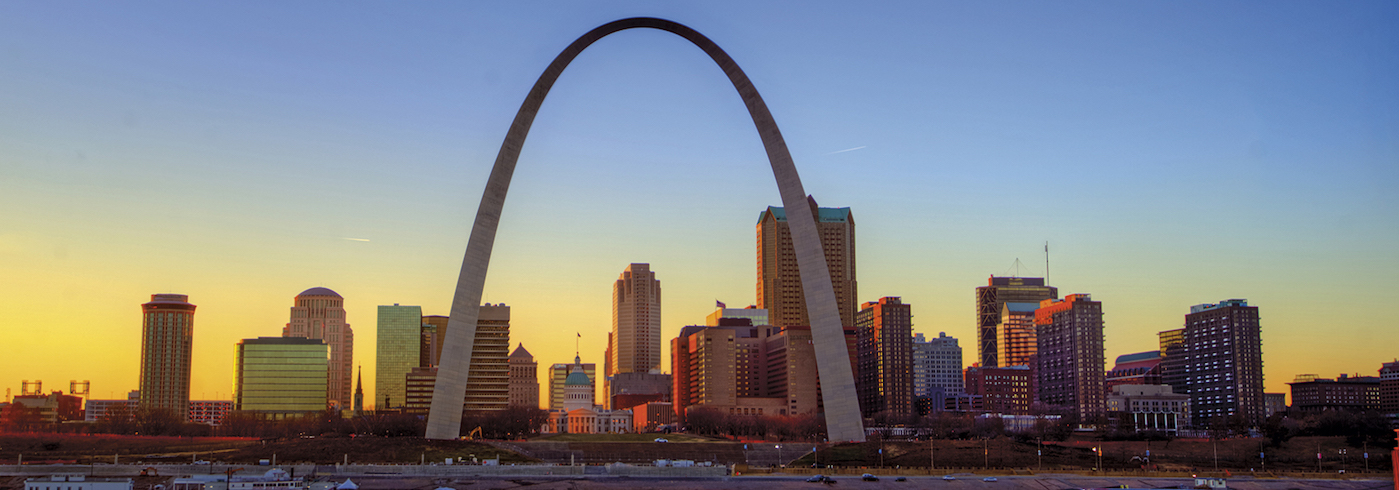Overarching Leadership
Brian Schmidgall is using MiddleTree Church to build bridges in North St. Louis.
Influence magazine spoke with Brian Schmidgall, the lead pastor of MiddleTree Church (AG) in St. Louis, Mo.
Influence: What’s the history of the church in St. Louis?
Brian Schmidgall: In the 1960s, St. Louis reached its peak population of over 900,000. Today, it has shrunk to a third of that size at 330,000, so you can imagine the vacancy and abandonment throughout the city. Unfortunately, when the people fled the city, the churches followed, and the Assemblies of God was no exception.
What are the unique challenges of being a church planter in St. Louis?
The decline in the population of St. Louis naturally led to a decline in its tax revenue. Public services like education and law enforcement are underfunded and anemic. A prejudiced history has left St. Louis a sharply divided city both racially and socioeconomically, while crime rates consistently rank it as one of the most dangerous cities in the U.S. Because of these divisions, we’ve intentionally located MiddleTree Church on the street that divides the city in two, believing that the Church is the one organization with the ability to heal the heart of a city. The biggest challenges we’ve faced are a result of our diversity. Navigating topics like Ferguson or politics can be a bit more challenging than with a homogenous church.
How important is it for urban planters to move into the neighborhood where they’re planting?
If you want to reach a community that’s hurting, I don’t think there’s any other way to plant a church than to live among the community you’re serving. For too long the Church has created a comfortable distance between us and those to whom we minister. We’ve made people our mission instead of making them our neighbors. There is a strong difference between those two approaches to ministry. When you’re a neighbor, their problems become your problems, their hurts become your hurts, and their joys become your joys.
The greatest decision we made was purchasing a home in North St. Louis. We chose to live in a portion of the city that nobody moves into. Our decision to live among poverty in an all-black neighborhood has communicated to the community that we’re not here to give answers; we’re in this struggle with them.
I’ll give you an example of what this looked like for us. I remember the first time I stepped foot into the alley directly behind our new home. There was trash everywhere, and all the vegetation was overgrown. The only thing I could envision were all the unseen little critters running around with the diseases they carry, and in the middle of it all was my growing daughter playing with her new friends. The father in me stood up and said, “We’ve got to clean this up.” So, our neighbors rallied together, and we cleaned the alley. In that moment, I learned that when you make people your neighbor, God will even use your own selfish concern to bless the community.
I also don’t think you get an accurate portrayal of a community until you’re living within it. Each community has its own personality. Urban communities are different in that they treasure the diversity and unique attributes that make up their locale. In fact, anything that hints at the feel of a franchise is often rejected by the locals. You won’t find urban dwellers frequenting Applebee’s. That’s for the suburbanites who are from the outside visiting. Our urban churches must understand this value. If your church is a cut-and-paste copy of another, it will reek of inauthenticity. If you don’t look like or incorporate the feel of your surrounding community, you’ll be viewed less as a neighbor and more as a corporation.
What has been the key to the success of MiddleTree Church in St. Louis?
One thing that has marked our success is the diverse makeup of our leadership and congregation. In a city so divided that each side has its own parks, libraries and grocery stores, having a place where the two come together to worship is unnatural; it’s supernatural, really. We get to see people who have completely different life experiences and look nothing alike come together to fellowship and break bread in one another’s homes. Hearing them refer to each other as brother or sister is transformative. Jesus makes us family.
What is it going to take to see the re-establishment of the Church in St. Louis?
Since the challenges are so great in St. Louis, the Church at large needs to make a concerted effort to support church plants and other Kingdom efforts. I’m working with an organization called Reach Missouri that is looking to partner with and plant 20 churches in the next three years.
We need selfless, sacrificial leaders, full of the Spirit, who will commit to the city and prioritize the Kingdom over their comfort. We need leaders who aren’t looking to grow the biggest church, but who are looking to change a city.
Influence Magazine & The Healthy Church Network
© 2026 Assemblies of God

